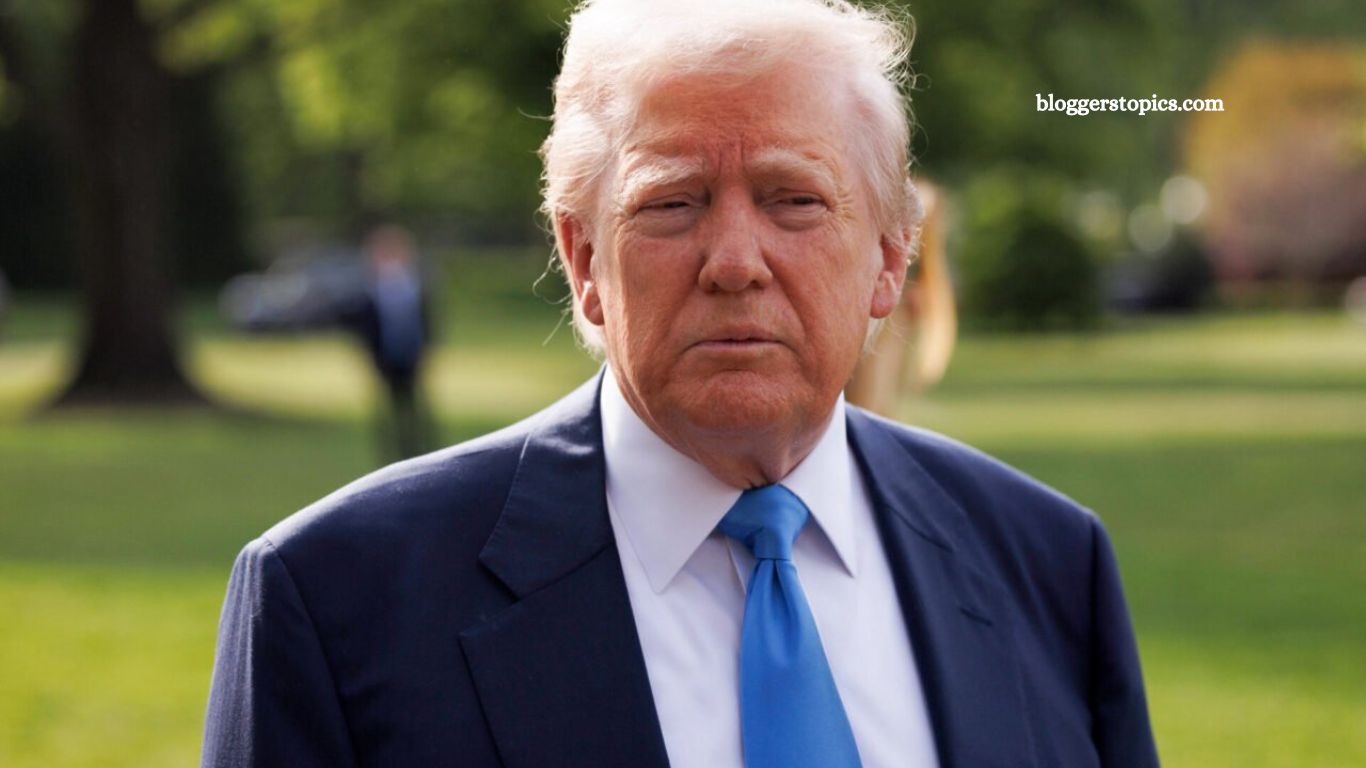The Jeffrey Epstein scandal continues to reverberate through the corridors of power, implicating prominent figures and institutions in complex financial dealings. On Wednesday, Senator Ron Wyden (D-Oregon) called for a congressional investigation into Epstein’s financial network, highlighting connections to banks, wealthy individuals, and tech billionaire Peter Thiel.
While much public attention has focused on criminal records documenting Epstein’s sex crimes, Wyden argues that financial records particularly those held by the Commerce and Treasury Departments may reveal a broader web of influence and transactions. Among those under scrutiny is Thiel’s venture capital firm, Valar Ventures, which reportedly received significant investments from Epstein. The proposed investigation aims to uncover the flow of funds, ensure transparency, and hold powerful actors accountable for their financial associations with the late financier.
Read More: Unlocking Every Student’s Academic Potential
Epstein’s Financial Network: Beyond the Justice Department Files
Much of the public discussion around the so-called “Epstein files” has focused on records held by the Justice Department concerning Epstein’s criminal activities. However, according to Sen. Ron Wyden (D-Oregon), the more consequential documents may reside at the Department of Commerce, where evidence of Epstein’s financial transactions appears to connect him to a broad array of powerful figures and institutions.
Wyden stressed that examining these files could shed light on the financial ecosystem surrounding Epstein, revealing the extent of his relationships with prominent business leaders, banks, and philanthropic organizations.
Peter Thiel and Valar Ventures: A Surprising Link
Among the individuals flagged by Wyden is Peter Thiel, the billionaire tech investor and co-founder of PayPal. Thiel’s venture capital firm, Valar Ventures, reportedly received substantial investments from Epstein. According to a New York Times report in June, Epstein invested approximately $40 million in Valar Ventures in 2015 and 2016, shortly before his death.
Valar Ventures, like many of Thiel’s companies, derives its name from J.R.R. Tolkien’s mythology. While Thiel has publicly acknowledged knowing Epstein, he has consistently characterized their interactions as minimal. For example, in a 2024 appearance on Joe Rogan’s podcast, Thiel discussed Epstein but framed the narrative around the financier’s connections to left-leaning tech figures such as Bill Gates and Reid Hoffman, emphasizing Epstein’s ties to “leftwing philanthropy” rather than his own direct dealings.
The revelation of Thiel’s firm receiving significant funds from Epstein has reignited debate over the degree to which prominent figures were aware of, or profited from, Epstein’s activities.
Wyden Introduces Legislation to Unlock Epstein Records
On Wednesday, Senator Wyden introduced the Produce Epstein Treasury Records Act (PETRA), legislation aimed at compelling the Treasury Department to release documents related to Epstein’s financial activities. According to Wyden’s office:
“Following new revelations about Jeffrey Epstein’s deep and long-running relationship with J.P. Morgan, Senate Finance Committee Ranking Member Ron Wyden, D-Ore., today introduced the Produce Epstein Treasury Records Act (PETRA) to compel Treasury Secretary Scott Bessent to turn over Epstein-related Treasury records to Senate investigators. Finance Committee staff reviewed a large portion of those files in person at the Treasury Department in 2024. Senator Wyden has sought to obtain the complete set for further investigation, but Bessent has repeatedly refused to produce them to the committee and downplayed their significance.”
Wyden emphasized that a full accounting of Epstein’s financial transactions is critical to understanding how his wealth was managed and distributed across a network of elite institutions and individuals.
Expanding the Scope: Banks, Billionaires, and High-Profile Figures
Peter Thiel and Valar Ventures represent only a fraction of the network Wyden aims to investigate. His proposed inquiry would examine financial relationships involving multiple global banks, including HSBC, Citibank, Wells Fargo, as well as Russian banks such as Alfabank and Sberbank.
Wyden also highlighted Leon Black, the private equity billionaire who reportedly paid $170 million to Epstein for “tax advice,” an amount Wyden describes as “abnormal.” Other notable figures include Jean-Luc Brunel, a fashion industry model scout who, like Epstein, died in prison under suspicious circumstances in 2022, and Alan Dershowitz, the prominent attorney who represented Epstein and whose name appears in Epstein’s infamous “birthday book.”
According to Wyden, understanding these relationships is essential to uncovering potential financial improprieties and networks that may have facilitated or enabled Epstein’s criminal activities.
Wyden’s Years-Long Effort to Follow the Money
Senator Wyden, who chairs the Senate Finance Committee, has spent several years attempting to obtain Epstein’s financial documents from the federal government. His probe began in 2022, motivated by concerns that released sections of the Epstein files contained little meaningful information, with many pages heavily redacted.
In June 2022, Wyden wrote to Trump’s Attorney General, Pam Bondi, questioning why the administration had not fulfilled its campaign promise to provide transparency regarding the Epstein files:
“This Administration began with reassuring promises that the Epstein case would receive the attention and diligence it deserves … Fast forward to the present, where the released section of the Epstein files contains little relevant or groundbreaking information, with some pages entirely redacted.”
A Blueprint for Investigation
In July 2023, Wyden outlined what he described as a “blueprint” for investigating Epstein’s financial ties. The framework emphasized tracking the movement of funds through banking institutions and government records, including Commerce Department files detailing thousands of wire transfers and more than $1 billion flowing in and out of Epstein’s accounts.
Wyden argued that DOJ prosecutors and FBI investigators could use these records to systematically “follow the money,” shedding light on potential criminal or unethical financial activity.
Despite this roadmap, the Justice Department has reportedly not taken significant action, focusing instead on broader political initiatives such as addressing what it describes as “radical gender and racial ideology” in public schools.
The Broader Implications
The ongoing investigation into Epstein’s financial network raises questions not only about individual actors like Thiel, Black, and Dershowitz, but also about systemic vulnerabilities in financial oversight. Critics argue that Epstein’s ability to move large sums of money through global banks and invest in high-profile firms highlights weaknesses in the regulatory system and underscores the need for congressional oversight.
For tech leaders and other public figures, the emerging details underscore the risks of even indirect connections to individuals involved in illicit or unethical activities. Thiel, who has publicly downplayed his interactions with Epstein, now faces scrutiny over his firm’s financial dealings—a situation that could have reputational and legal implications.
Calls for Transparency and Accountability
Senator Wyden’s legislative push reflects growing concern among lawmakers that the full extent of Epstein’s financial dealings remains obscured. By compelling the Treasury Department and other agencies to release records, Wyden hopes to:
- Clarify Epstein’s financial networks
- Identify individuals and institutions involved
- Provide transparency for the public and government oversight bodies
While the outcomes of these efforts remain uncertain, the initiative represents a rare, high-level push for accountability in the aftermath of one of the most notorious financial and criminal scandals of the 21st century.
Frequently Asked Questions
Who is pushing for the investigation into Epstein’s finances?
Senator Ron Wyden (D-Oregon) is leading the call for a congressional probe. He chairs the Senate Finance Committee and has long advocated for transparency regarding Epstein’s financial dealings.
What legislation has been introduced?
Senator Wyden introduced the Produce Epstein Treasury Records Act (PETRA). The bill seeks to compel the Treasury Department to release records of Epstein’s financial transactions to Senate investigators.
Why focus on financial records instead of criminal records?
While criminal records document Epstein’s illegal activities, financial records can reveal how Epstein moved and invested his money, potentially uncovering connections to wealthy individuals, banks, and institutions that may have facilitated or benefited from his operations.
What is the Commerce Department’s role?
The Commerce Department reportedly holds records of Epstein’s financial activities, including thousands of wire transfers and over $1 billion in transactions. Wyden believes these records are crucial to understanding the scope of Epstein’s financial network.
Has Peter Thiel commented on these allegations?
Thiel has acknowledged knowing Epstein but has stated that they had limited interactions. He has publicly framed Epstein’s connections as being more relevant to other tech executives rather than himself.
Why is this investigation significant now?
The investigation could reveal hidden financial relationships, expose potential wrongdoing by prominent figures, and strengthen government oversight over financial networks used by criminals.
What could be the next steps?
If PETRA passes, the Treasury Department would be required to release Epstein-related records to Senate investigators. These records could lead to further congressional hearings, additional legislative action, or referrals for law enforcement investigation.
Conclusion
The Epstein scandal continues to resonate far beyond the criminal allegations themselves, highlighting the intersections of wealth, power, and accountability. Senator Wyden’s call for a congressional investigation, including scrutiny of figures such as Peter Thiel, marks a significant step toward uncovering the financial mechanisms that enabled Epstein’s activities.
As the Produce Epstein Treasury Records Act moves through Congress, the coming months could reveal new layers of the scandal and, potentially, bring justice and transparency to a network long shrouded in secrecy.







